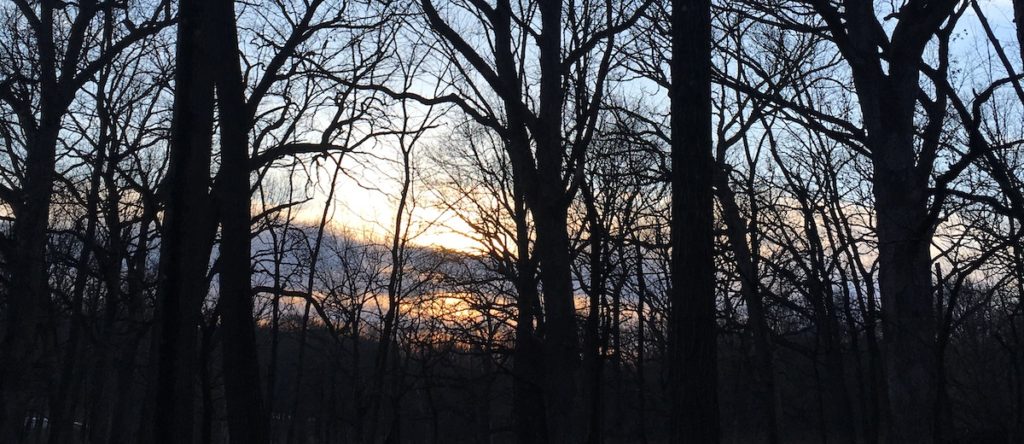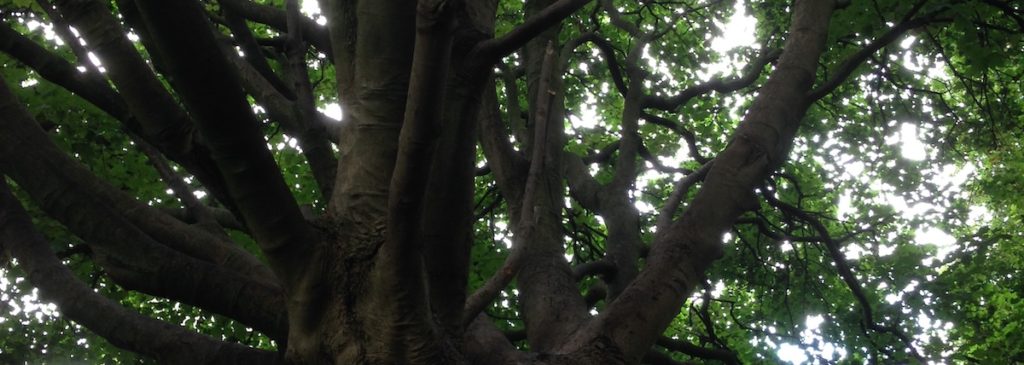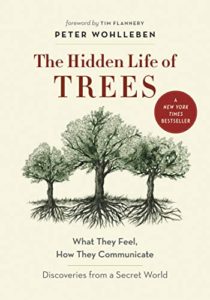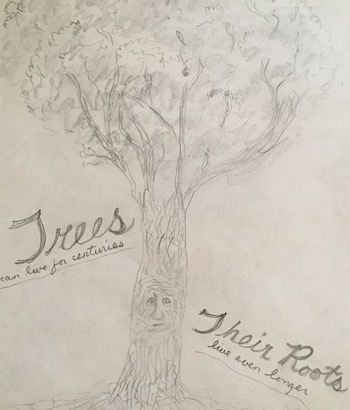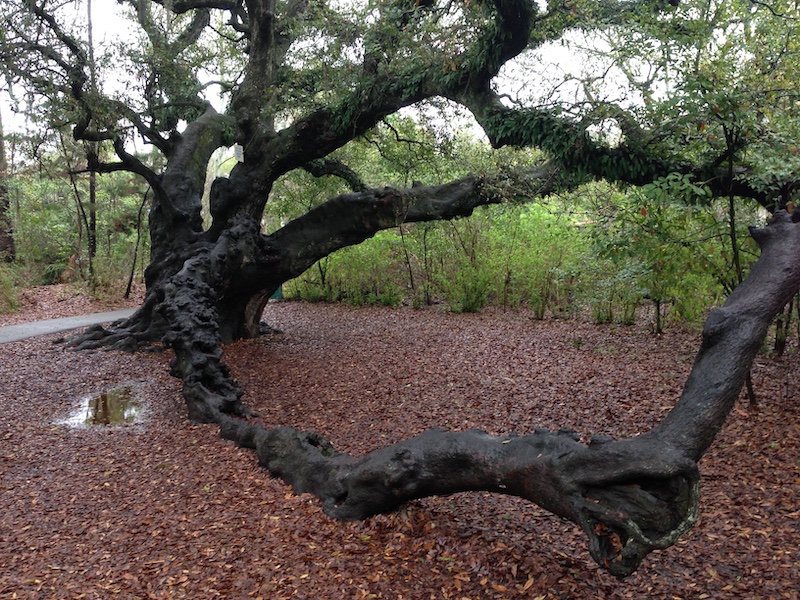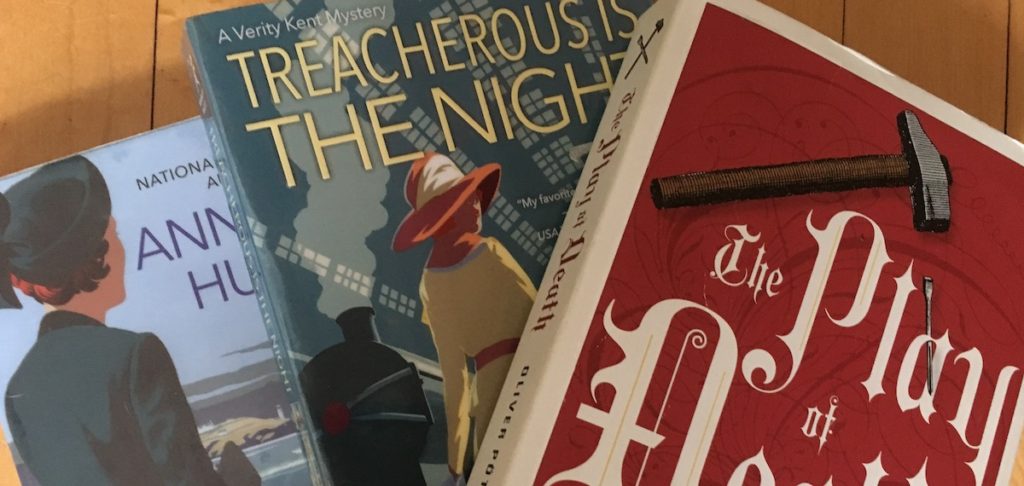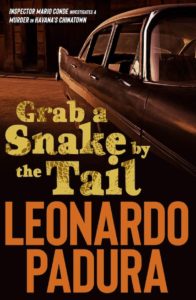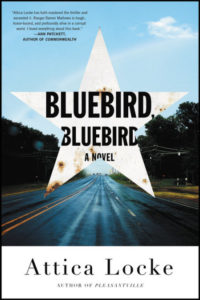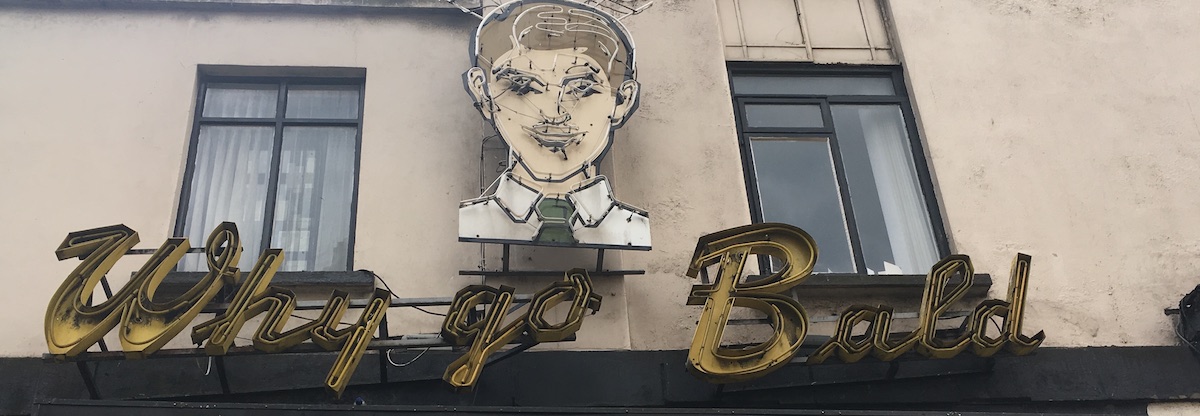
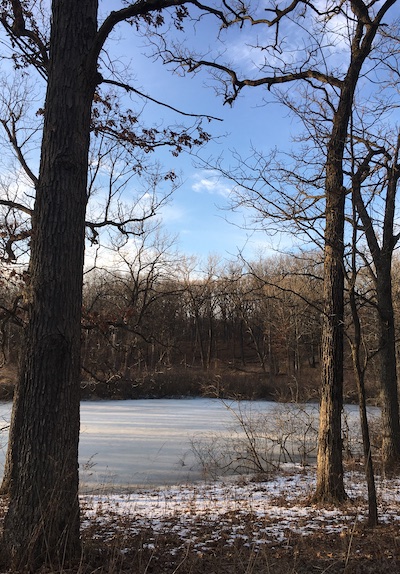
I finished rereading Peter Wohlleben’s fascinating book about trees yesterday and yearned for the woods. So off we went. It being already late afternoon, we didn’t have a lot of time, but long enough to clear our lungs and feed our souls. It was spring, and the woods were both soggy and somewhat snowy and the lakes icy. The sun helped lift our spirits and offered a picturesque sunset before putting itself to bed. All in all a satisfying afternoon, though not the same as being in the country.
I grew up in the country and miss nature and solitude. The tradeoffs, though, are culture and museums and ethnic restaurants, and those would be hard for me to give up. Unless I moved to Ireland, in which case I feel I could trade everything else and never miss it. I could be wrong.
I read a while back that Irish tourism officials were looking for someone to run a coffeeshop on Great Blasket Island during tourist season, and a friend (who clearly knows me very, very well) sent me the same article this week. I actually find this enormously tempting, despite the fact that the island has no electricity. Sadly, my two old dogs put me in no position to travel right now, let alone ship myself overseas for six months. But maybe next year? The thought of living and writing on the west coast of Ireland fills my soul. I might only write odes and celebrations.
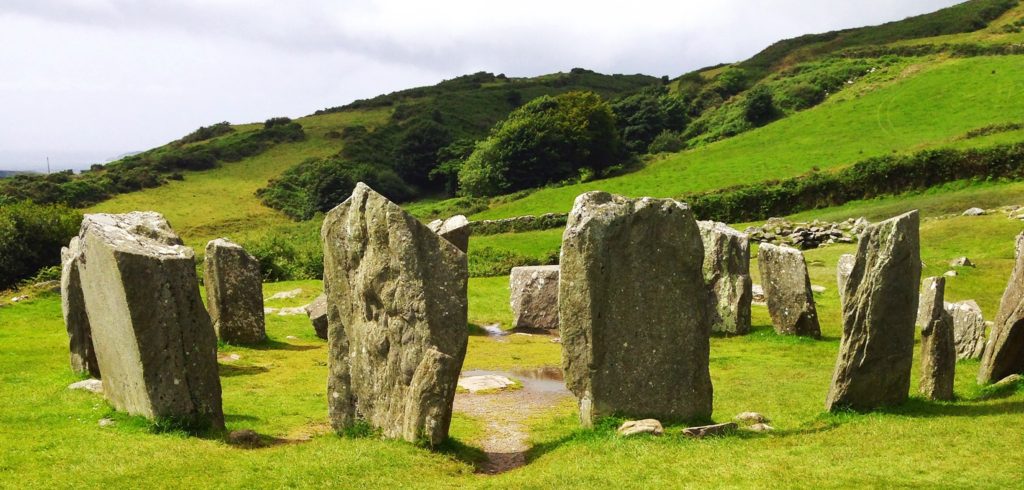
Not now, though. The first poem I ever wrote was born from bleak frustration, and sometimes I just need to get darkness onto a page. I had a poem published this week at Headline Poetry & Press that was one of those. One sunny day came about because January was literally so very gray in Chicago, and the news accompanying it seemed uncompromisingly bad. With an impeachment trial emphasizing our national divisions, I could barely bring myself to read or watch the news. Then February rolled in, and on the evening of Feb. 1 the sun peeked out for five minutes, and then the poem came. It’s intentionally ambiguous, straddling a no-man’s land between depression and hopefulness. I’m grateful to Headline Poetry for giving it a home.

Also this week I had a poem accepted to Back Patio Press, where it will be published on March 4. That’s one day after another piece will come to life at Tiny Seed Journal, and two days after my wedding anniversary, so I’m looking forward to early March. Also in early March is the next meeting of my book club, when we will discuss White Fragility: Why it’s so Hard for White People to Talk About Racism, by Robin Diangelo. I’ve just started it and am looking forward to the conversation. If you’d like to read it with us and discuss virtually, I’ll see you in the comment section.
